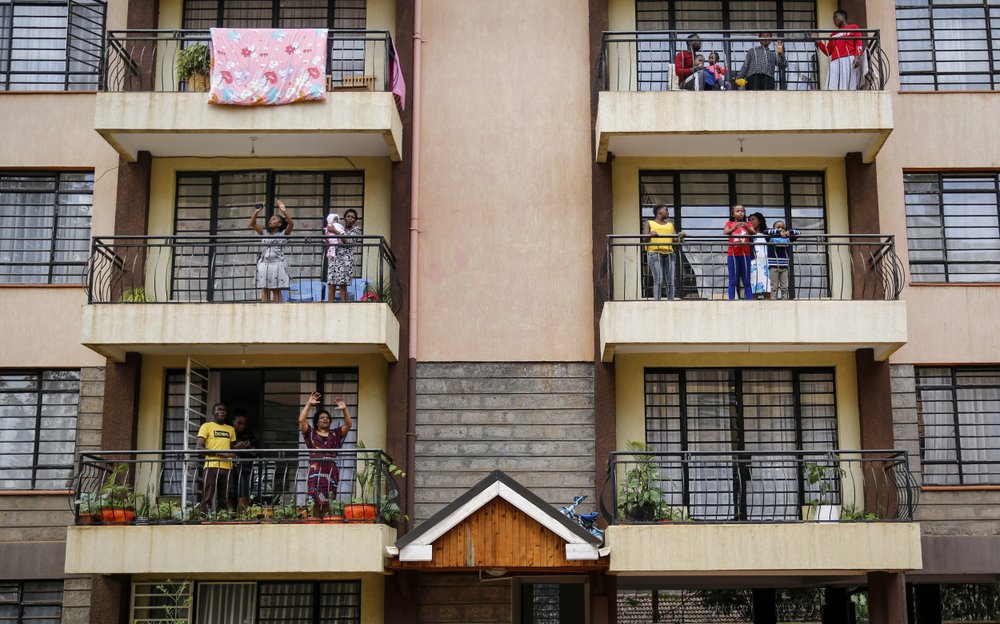
Kenya’s COVID-19 home-based care boosts recoveries, eases burden on health system

When Joan Macharia’s brother early this month had symptoms of COVID-19 that include dry cough and fever, he visited a government hospital in the coastal city of Mombasa where he lives and got tested.
The results came out positive after about five days, but the doctors at the facility had already asked him to self-isolate at home, take medicine to boost his immunity and to eliminate the symptoms, recounted Nairobi resident Macharia on Friday.
Once his status was known, a community health worker was assigned to him to ensure he follows all the laid down protocols.
“It was easier for him to self-isolate because he was home alone as his children were upcountry with our parents,” said Macharia, adding two days ago he was declared free of the disease.
Hundreds of other Kenyans who have contracted the disease and were asymptomatic have similar experiences as the east African nation’s home-based care system pays off.
The system is turning out to be one of the major successes in Kenya’s fight against the disease as it has not only lifted the burden off the primary health system but also boosted recoveries.
On Thursday, Kenya recorded 570 recoveries, with a majority of them from the home-based care system.
And on Friday, a similar trend was recorded with the country registering 1,126 recoveries with only 45 from institutional care.
A patient admitted to a hospital spends at least 25,000 shillings (about 234 U.S. dollars) in treatment, with the bulk of the cost going on personal protective equipment, according to the health director-general Patrick Amoth.
Under home-based care therefore, the Kenyan government has been able to save resources and use them on patients who need critical care.
Amoth said on Friday that the home-based care system was informed by the fact that 90 percent of Kenya’s COVID-19 patients are asymptomatic or have mild symptoms.
“There is no need of putting patients with mild symptoms in hospitals which eat into resources. Before we put them under the home system, we ascertain they are stable,” he said.
Other criteria include no family member or the patient must have pre-existing health conditions like diabetes, hypertension or HIV/Aids.
“Then the home must be able to guarantee self-isolation and we offer training to family members so that they don’t risk their lives. Home-based care is judiciously and cautiously applied to the asymptomatic patients,” he said, adding that the government is using lessons picked from the HIV home-based care to implement the new system.
According to Loise Ombajo, the director of Infectious Diseases Unit at the Kenyatta Hospital, Kenya’s main referral facility, all home-based care patients are able to assist themselves.
“We advise them to gargle salty water if one has minor symptoms, take ginger and tumeric, get rest, eat a balanced diet and fruits among other drugs if necessary,” she said.
The home-based care system has come in handy for Kenya since the main isolation centers in Nairobi and Mombasa have surpassed the 50 percent capacity mark in COVID-19 admissions which calls for caution.
“We are going to observe huge recoveries in the coming days as the home-based care system gathers pace. Home-based care is the way to go,” said Mutahi Kagwe, the health cabinet secretary.
Mutahi said 37,000 health workers have been trained for those who are being taken care of at home, under the program that is being guided by the World Health Organization protocols.






